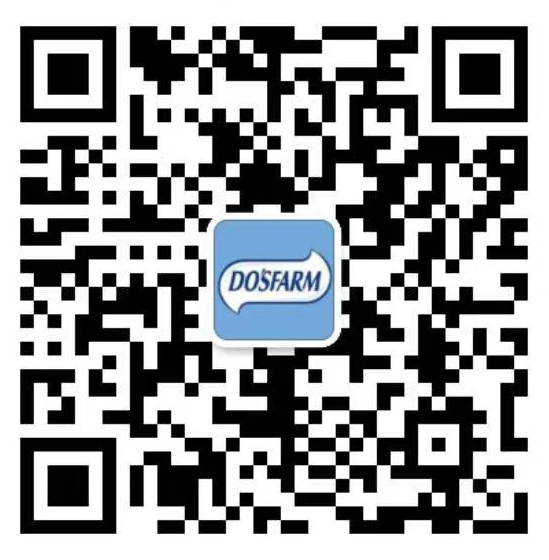Halal is of Arabic origin and means fit or permission. According to the Halal dietary standards and regulations, the certification process of the procurement, storage, processing, packaging, transportation, and other processes of products in the fields of food, medicine, cosmetics, etc. is called Halal certification, and the products that have passed the Halal certification are suitable for Muslim consumers to use and eat.
The Halal diet avoids cruelty to animals and does not damage the environment. Muslims only eat halal food, and non-Muslims also patronize halal food. Halal Certificate is a guarantee that the product meets the dietary requirements or lifestyle of Muslims. Halal Certification greatly improves the marketability of the product. If you are exporting or planning to export to a country with a majority of halal consumers, the Halal Certificate will allow you to meet an important requirement of the importing country.
The main reason for getting halal certification is to serve the Halal-consuming community to meet their halal needs. The concept of halal applies to all kinds of goods and services in the daily life of Muslims.
Worldwide demand for Halal Certification products is growing. The Muslim population in the Middle East, North and South Africa, South and South Asia, Russia, and China has exploded, providing substantial profits to the food market. Today, the two largest markets for Halal products are Southeast Asia and the Middle East. There are 400 million Muslim consumers in these regions.
Halal market is products that are acceptable according to Halal regulations and conform to Muslim culture. Currently, the HALAL market includes six main sectors: food, travel, fashion, media and entertainment, pharmaceuticals, and cosmetics. Foodstuffs currently hold a major share of the market for
62%, while other areas such as fashion (13%) and media (10%) are also evolving to attract more and more consumers.
Bahia El-Rayes, a partner at AT Kearney, said: “Muslims make up nearly a quarter of the world’s population and as a consumer group it has a large share of the market. Businesses, especially those in Western countries, should take note There is now a clear opportunity to invest in HALAL products and services and take advantage of a rapidly growing market.”
Based on the above understanding and emphasis on HALAL certification, our company applied for HALAL certification to the SHC organization. SHC is a certification body accredited by GCC-Accreditation Center and has been authorized by the governments of the United Arab Emirates, Malaysia, Singapore, and other countries. SHC has achieved mutual recognition with major HALAL institutions in the world. After SHC’s supervision and audit, our company’s products have obtained HALAL CERTIFICATE.
Our HALAL-certified products are mainly sugar-free mints, such as strawberry-flavored sugar-free mints, lemon-flavored sugar-free mints, watermelon-flavored sugar-free mints, and seafood lemon-flavored sugar-free mints. The raw materials of our sugar-free mints are mainly sorbitol, sucralose, and edible flavors and fragrances produced by the well-known Roquette company. Among them, sorbitol is widely used in food and beverages to replace traditional sugar to reduce its calorie content. Sorbitol has only two-thirds the calories of ordinary table sugar and can reach about 60% sweetness. In addition, sorbitol is not fully digested in the small intestine, and the leftover compound enters the large intestine, where it is fermented, or broken down by bacteria, reducing the number of calories absorbed. Second, sorbitol is also often added to foods for people with diabetes because it has very little effect on blood sugar levels compared to traditional sweeteners such as table sugar. Unlike sugar, sugar alcohols like sorbitol don’t cause tooth decay, which is why they’re often used to sweeten sugar-free gum and liquid medications. The U.S. Food and Drug Administration (FDA) has recognized that sugar alcohols like sorbitol may benefit oral health. This is based on a study that found that sorbitol may reduce the risk of tooth decay compared to table sugar.
In a word, our products are not only certified by HALAL, which is very suitable for Muslim consumers, but also suitable for non-Muslim consumers who value food safety and quality. Obtaining the HALAL certificate means that our product quality level is worthy of your trust. If you also recognize the importance of HALAL certification and are interested in our products, please feel free to contact us!
Post time: Aug-18-2022





